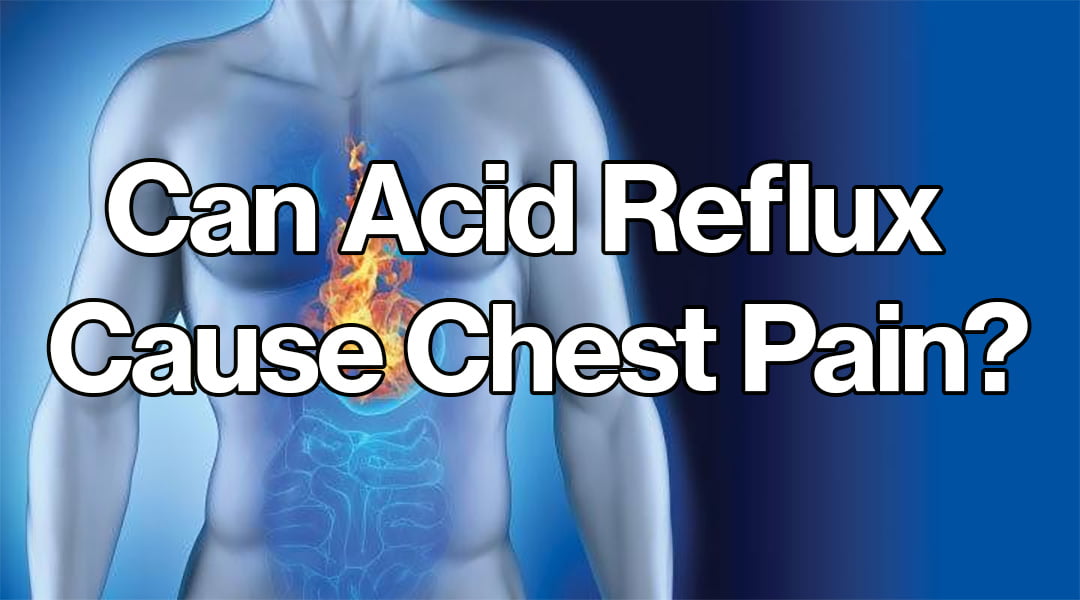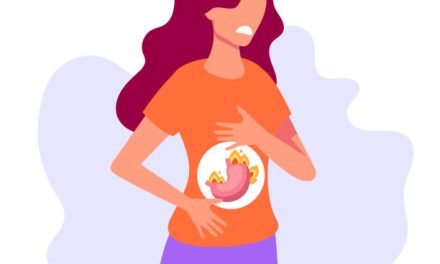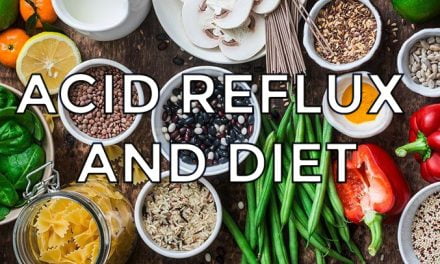Understanding Acid Reflux and Chest Pain
Acid reflux, known medically as gastroesophageal reflux disease (GERD), is a condition that affects many people worldwide. It occurs when stomach acid flows back into the esophagus, the tube connecting the mouth and stomach. This backwash (reflux) can irritate the lining of your esophagus, leading to various symptoms, including chest pain. This article delves into the relationship between acid reflux and chest pain, exploring the mechanisms, symptoms, diagnosis, and treatment options, supported by scientific research.
The Mechanism Behind Acid Reflux
- Lower Esophageal Sphincter (LES) Dysfunction: The LES acts as a valve between the esophagus and stomach. In GERD, the LES may not close properly, allowing acid to escape into the esophagus.
- Esophageal Irritation: The lining of the esophagus is not designed to handle acidic content, leading to irritation, inflammation, and pain when exposed to stomach acid.
How Acid Reflux Causes Chest Pain
- Esophageal Spasms: Acid exposure can cause the esophagus to spasm, leading to pain that can mimic heart pain.
- Esophagitis: Continuous acid reflux can cause esophagitis, an inflammation of the esophagus, resulting in chest pain.
- Barrett’s Esophagus: Long-term GERD can lead to changes in the cells of the esophagus, known as Barrett’s esophagus, which can be associated with chest pain.

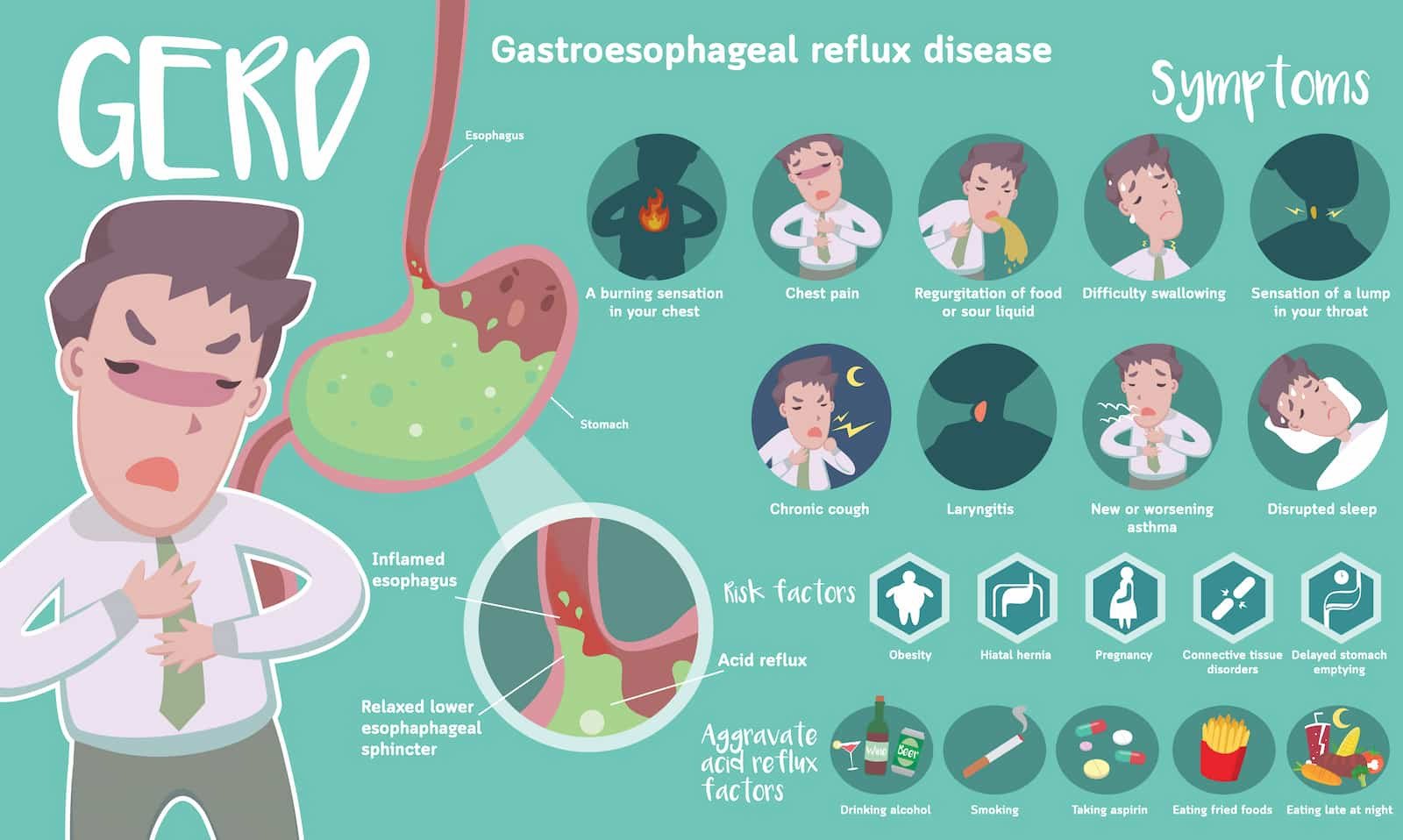
Symptoms of Acid Reflux
- Heartburn: A burning sensation in the chest, often after eating, which might be worse at night.
- Chest pain: A discomfort that can be confused with heart-related issues.
- Difficulty swallowing.
- Regurgitation of food or sour liquid.
- The sensation of a lump in your throat.
Diagnosing Acid Reflux-Related Chest Pain
- Endoscopy: A procedure to examine the inside of the esophagus and stomach.
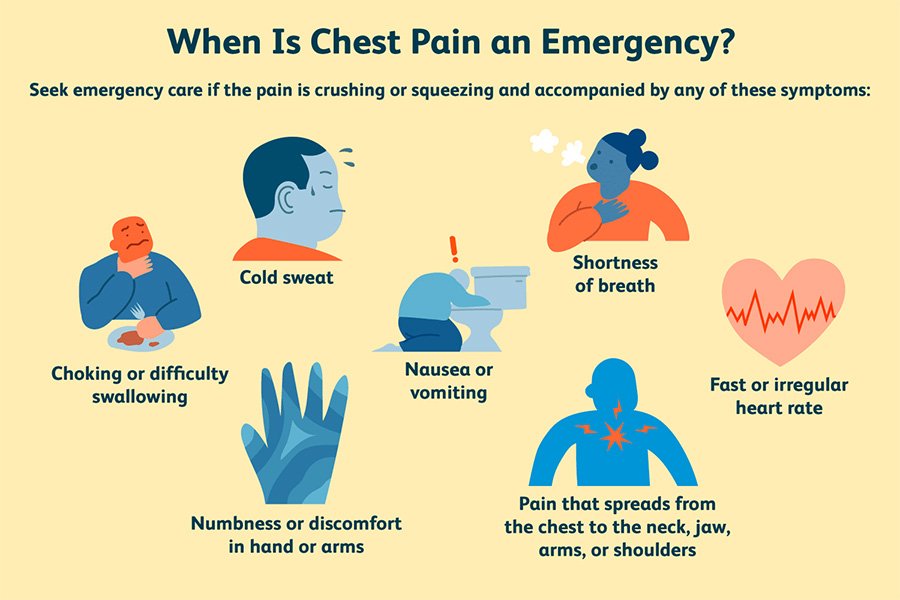
- Esophageal pH Monitoring: Measures the amount of acidity in the esophagus.
- Esophageal Manometry: Tests the movement and pressure in the esophagus.
- Barium Swallow: A radiographic examination that evaluates the esophagus’s structure and function.
Treatment and Management
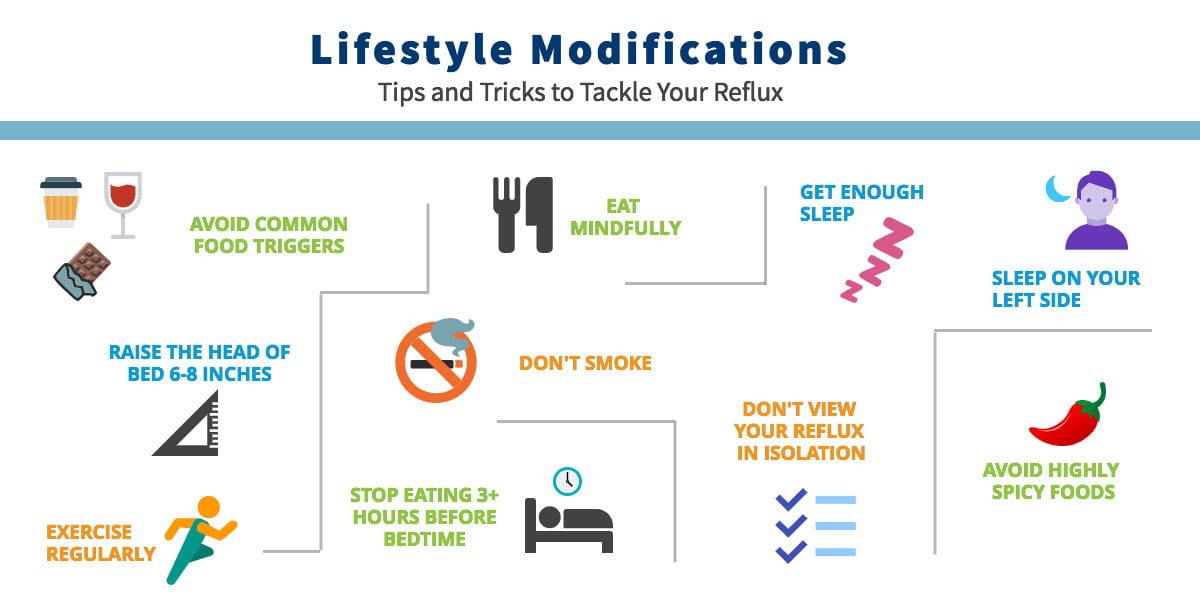
Lifestyle Modifications
- Avoid foods and beverages that trigger reflux (e.g., spicy foods, caffeine, alcohol).
- Eat smaller, more frequent meals.
- Lose weight if overweight.
- Elevate the head of the bed.
- Avoid lying down immediately after eating.
Medications
- Antacids: For quick relief of symptoms.
- H2 Receptor Blockers: Reduce stomach acid production.
- Proton Pump Inhibitors (PPIs): Significantly reduce stomach acid production, allowing the esophagus to heal.
Surgical and Other Procedures
- Fundoplication: A surgical procedure to tighten the LES.
- LINX device: A ring of tiny magnetic beads is wrapped around the junction of the stomach and esophagus to keep the LES closed to refluxing acid, but it allows food to pass.
Natural Non -Medicated Relief
- Bed Wedge Pillow: A pillow that helps you sleep on an incline and keeps acids away from your esophagus. While it can take a while to get used to sleeping on an incline, it is worth persevering as the relief it offers (better sleep, better concentration / mood the next morning) is well worth the effort.
The Link Between Acid Reflux and Heart Conditions
While acid reflux is a leading cause of chest pain, it’s crucial to differentiate between reflux-induced chest pain and heart conditions. The symptoms of a heart attack can sometimes mimic those of acid reflux, such as chest pain and discomfort. Therefore, it’s essential to seek immediate medical attention if you experience chest pain, especially if accompanied by other symptoms like shortness of breath, sweating, or pain spreading to the jaw, neck, or arm.
Conclusion
Acid reflux can indeed cause chest pain, a symptom that often leads to confusion with more severe conditions like heart attacks. Understanding the symptoms, causes, and treatment options for acid reflux is crucial for
managing this condition and improving quality of life. Lifestyle modifications, medications, and, in some cases, surgical interventions can effectively manage GERD and its symptoms, including chest pain. However, due to the potential severity of chest pain and its association with heart conditions, it’s essential to consult with a healthcare provider for a proper diagnosis and treatment plan.
References
- Kahrilas, P. J. (2008). Gastroesophageal Reflux Disease. The New England Journal of Medicine, 359(16), 1700-1707.
- Vaezi, M. F., Yang, Y. X., & Howden, C. W. (2017). Complications of Proton Pump Inhibitor Therapy. Gastroenterology, 153(1), 35-48.
- Spechler, S. J., & Souza, R. F. (2014). Barrett’s Esophagus. The New England Journal of Medicine, 371(9), 836-845.
- Pandolfino, J. E., & Kahrilas, P. J. (2015). AGA Technical Review on the Management of Gastroesophageal Reflux Disease. Gastroenterology, 149(3), 785-805.
This article integrates information from scientific research to provide a comprehensive overview of the relationship between acid reflux and chest pain. While references are included to support the content, it’s essential to consult healthcare professionals for personal medical advice.

